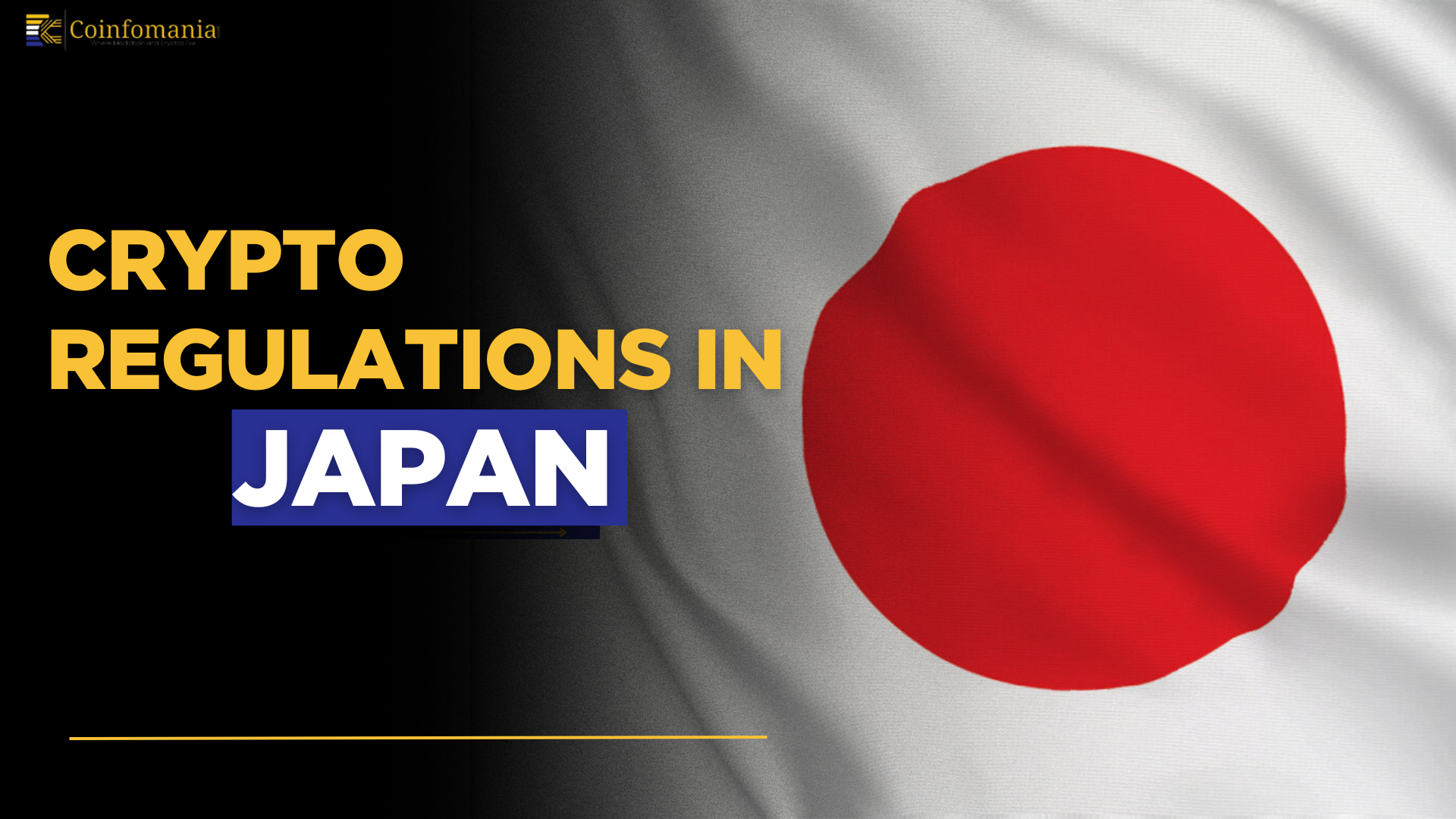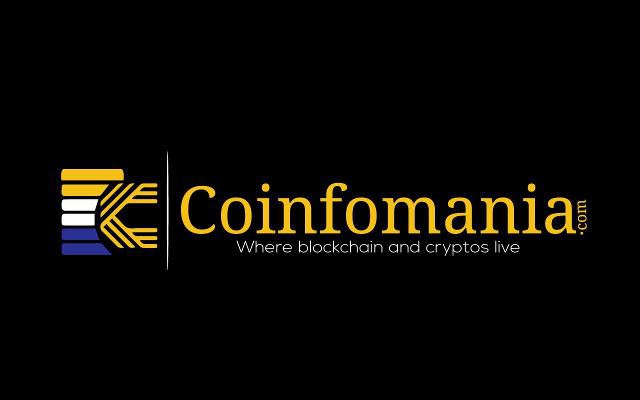Cryptocurrency Regulation in Japan
0
0

Japan is crypto-progressive, in general, but very much regulated. After legalising Bitcoin as a payment method in 2016, legislators have developed a thick rule-book to balance innovation and consumer protection. Stablecoin issuers, exchanges, and token-offering platforms have to negotiate one of the most elaborate compliance frameworks in the world – otherwise, they are welcome to criminal charges.
Investors, corporates and Web3 start-ups should be aware of Japan’s framework: licensing is expensive, taxes are high, and AML obligations are onerous, but regulatory certainty opens the door to a wealthy tech-savvy population. Oversight is split three ways between the Financial Services Agency (FSA) which establishes and regulates financial policies, the Bank of Japan which directs monetary policy and CBDC trials, and the Japan Virtual & Crypto Assets Exchange Association (JVCEA) which is a recognised self-regulatory organisation.
Historical Context
The Mt. Gox meltdown (2014) was the initial taste of crypto fame in Japan, and it elicited discussion (and not banishment). In 2016, the Payment Services Act (PSA) was amended to formally define a virtual currency and introduce exchange registration – the first in the world. Then two high-profile exchange hacks (Coincheck 2018; DMM Bitcoin 2024) led the FSA to strengthen custody and cold-wallet requirements and audit requirements.
Similar amendments to the Financial Instruments & Exchange Act (FIEA) in 2020 re-classified security tokens and ICO rights as “electronically recorded transferable rights” (ERTRs), and subjected them to securities regulation. As of 2025 Japan is also the first country in the world to establish a fiat-backed stablecoin law. The ongoing cycle (2024-2026) is devoted to the re-regulation of mainstream crypto as financial products and compatibility with FATF travel-rule requirements, which shows a gradual procession toward Wall Street-quality regulation.
Regulatory Framework
Authorities
- FSA – licences exchanges (CAESPs) and stablecoin platforms (EPIESPs), searches cybersecurity, requires travel-rule data sharing.
- Bank of Japan – oversees payments infrastructure, and tests the “digital-yen” CBDC.
- JVCEA / JSTOA – SROs performing oversight of new coin listing, margin requirements, and STO disclosures.
Licensing & Registration
The crypto-asset exchange service providers shall:
- be a Japanese kabushiki-kaisha having 10 million yen or more of capital;
- pass a 400 point FSA due-diligence check list;
- become a member of the JVCEA and pass pre-listing reviews on every token.
Dealers in stablecoins have to be registered as EPIESPs; only banks, trust companies, or licensed remitters can be issuers.
AML / KYC
KYC is compulsory at onboarding, ongoing screening, suspect-activity reports to the Financial Intelligence Unit, and travel-rule information when sending to another VASP. At least 95% of client coins must be stored in cold-wallets; hot-wallet balances must be covered on a one-to-one basis by the exchange itself in terms of its own so-called “redemption-guarantee” assets.
Taxation
Realised gains are taxed at progressive miscellaneous-income tax (5% to 45% plus 10% local) and losses are not allowed to offset other income. Corporations account market-priced assets to the end of the year and are taxed at 30% corporate rate, but 2023/24 reforms made self-issued tokens and some locked assets tax-exempt. A consumption tax is not imposed on swapping coin-for-coin or coin-for-fiat.
ICOs / STOs
ICOs of utility-tokens qualify as Crypto Assets under the PSA; security-token offerings qualify as ERTRs under the FIEA, requiring prospectus filings and Type-I broker licensing.
Japan Crypto Policies
Usage – Crypto is a legal tender between consenting parties, merchants can accept it, but gains are subject to taxation. You can not yet pay official fees in crypto.
Mining- Unregulated; considered as normal business income. Big industrial miners have to follow electricity and environmental regulations.
Government projects – The digital-yen experiment began its Proof-of-Concept testing in 2024; the Cabinet Web3 Project Team is advancing DAO legal templates and NFT industry standards.
Penalties- A maximum fine of 5 million yen and five years of prison applies for operating an unregistered exchange. AML violations, insider trading STOs, or custodial misappropriation of assets carry greater criminal consequences and licence cancellation.
Innovation Strategy
A cross-ministry Regulatory Sandbox would allow fintechs to test blockchain payments, atomic-swap settlements, and regional stablecoins under time-limited waivers. Security-token bond platforms are operated by major banks (MUFG, SBI); Sony releases its own chain, “Sony-em” to target gaming NFTs. Retail crypto adoption is still in the niche, whereas corporates, including Nomura and Rakuten, incorporate Web3 loyalty tokens. Government grants fund blockchain supply-chain pilots, NFTs and digital-ID.
Challenges & Issues of Note
Disjointed taxation: 55% top marginal rate discourages retail trading; lobbying would bring 20% capital-gains equality with stocks.
Enforcement gaps: Overseas unregistered exchanges continue to target Japanese users through apps; offshore wallets and DeFi protocols are hard for police to track.
Public image: Hacks and demanding KYC comply; polls indicate growing trust but lower adoption (= 12 million accounts) compared to Korea or USA. The enterprise blockchain gets glowing reviews in the media, but speculative coins are questioned.
Future Outlook
Recent developments – April 2025 FSA discussion paper suggests that tokens should be divided into “fund-raising” and “non-fund-raising” classes, with insider trading prohibited in both, and the mainstream crypto brought within the FIEA by 2026. Diet is debating ETFs and a flat 20% tax.
Outlook – Predict: (i) approval of spot Bitcoin ETFs, and increased listing due diligence; (ii) lower corporate mark-to-market tax; (iii) obligatory staking-service licences.
International ripple effect – Japan stablecoin law and travel-rule implementation serve as policy input to G-7 and ASEAN. Closer regulations can attract overseas institutions that are also interested in Asia-Pacific centres, whereas the tax rates can ensure that retail quantities remain offshore.
Conclusion
Japan provides transparency and warning: licences can be obtained, rights are respected, but compliance and tax expenses are high. Investors and builders must learn to operate by the PSA, FIEA, and JVCEA rulebook, or not at all – yet the benefits are a highly digitalized and wealthy market and the best legal predictability in the world. Keep an eye on Monitor Diet bills and FSA circulars: the coming two years will remake classifications, taxes, and institutional portals.
FAQs
1. Is Bitcoin legal in Japan?
Yes. Since April 2017, Bitcoin is a legal way to pay, merchants can accept it as payment in goods and services, but it is not legal tender, and users are subject to tax on any gain.
2. Do exchanges require a Japanese licence?
Definitely. To serve local customers, a company has to establish a kabushiki-kaisha (or branch) in Japan, get listed with the FSA as a Crypto Asset Exchange Service Provider, and become a member of the JVCEA.
3. What tax is imposed on crypto profits on individuals?
The realised gains are characterised as miscellaneous income and are taxed at progressive rate of 15% to 55 % (national + local). Salary, dividends, and other streams of incomes cannot be offset with losses.
4. What % tax do corporations pay on unrealised crypto gains?
Market-traded coins are marked to fair value at the end of the fiscal year and corporations pay an approximate corporate tax of 30 % on the unrealised gain; self-issued or locked tokens are exempt.
5. Are stablecoins free to circulate?
The only fiat-pegged coins that can be sold to Japanese residents must be issued by a bank or a trust or a licensed remitter, and the exchanges need to register as Electronic Payment Instruments Exchange Service Providers separately.
6. Do NFTs have regulation?
The majority of unique NFTs fall outside the securities law; however, fractional, profit-sharing, or payment-like tokens can be classified as securities or crypto assets, which makes them subject to PSA or FIEA compliance.
7. Is crypto mining or staking prohibited in Japan?
Mining is not regulated beyond general power-use regulations; staking-as-a-service is considered a custody business and thus requires an FSA licence and complete AML travel-rule compliance.
8. What is the travel-rule requirement?
Once an exchange transmits 100,000 Yuan or more of crypto to another VASP, it should relay KYC information of both the sender and recipient; transfers to unhosted wallets should be evaluated in terms of risks and be documented.
9. Will Japan accept spot-crypto ETFs?
Proposals are being vetted by the FSA and a green light is anticipated once crypto is re-classified as a financial product – probably with a switch to a flat rate of 20 % tax.
10. What are the punishment(s) of non-compliance?
Operating unregistered services is punishable by fines of up to 5 million yen and five years in prison, and serious AML violations or misappropriation of assets are welcomed with licence cancellation and criminal charges.
The post Cryptocurrency Regulation in Japan appeared first on Coinfomania.
0
0
 Manage all your crypto, NFT and DeFi from one place
Manage all your crypto, NFT and DeFi from one placeSecurely connect the portfolio you’re using to start.





